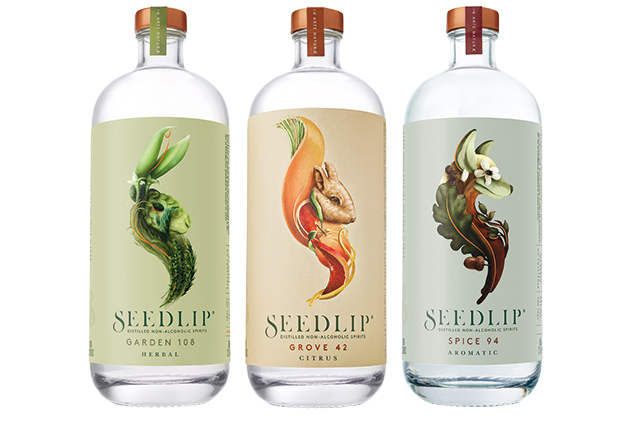
Younger generations are less likely to turn to drink for solace or pleasure. What will this mean for our booze-soaked culture and economy? Stuart Watkins reports.
Keith Richards has cut back on his drinking. That has got to be a sign of something. The comedian Bill Hicks once paid tribute to the Rolling Stones guitarist for sailing out care-free on a drink-and-drugs tour over the edge and finding, who knew, that there was a ledge beyond the edge. And what’s more, he seemed pretty happy out there on that ledge. Now, Richards is sending back new reports from his experiments in wild excess. “I pulled the plug on it. I got fed up with it,” he told Rolling Stone magazine. “But I don’t notice any difference really – except for I don’t drink… I’ve done it. I didn’t want that anymore.” Fellow band member Ronnie Wood, who got sober in 2010, is happy with the changes he’s seen in his friend. He’s now “a pleasure to work with”, Wood says. “Much more mellow.”
The band members are all in their 70s, so perhaps this is not so surprising – the partying surely had to come to an end some time. But the ageing rockers are far from alone in their new-found sobriety. In 2018, more than four million people took part in “Dry January”, an initiative that tries to convince people to quit drinking alcohol for a month at the start of the new year. That’s up from 4,000 when Alcohol Change UK, the charity behind the campaign, first started it in 2012.
Young people, especially, are spurning the bottle throughout the year. According to a study published in the BCM Public Health journal last year, the number of young people in Great Britain aged 16-24 who class themselves as non-drinkers rose from around 18% in 2005 to 29% in 2015, largely as a result of an increase in the number of people who completely abstain. The number who had not had a drink in the past week rose from 35% to 50%.
The rise in the number of teetotallers has coincided with delayed initiation into the rituals of drink, says the report – that is, people are not starting drinking till later in life, and so are not acquiring the habit of committed boozing. And although the increase has been greatest among young adults, it is part of a wider trend. Around 10% of all age groups classified themselves as non-drinkers in 1998, according to the Office for National Statistics, rising to 15% in 2009 and more than 20% in 2017. Overall consumption has fallen by around 16% since 2004.
The economic impact
This should prove to be good news for the economy in general. The savings in health costs alone should be substantial – assuming abstinence from alcohol isn’t replaced with equally damaging activities, which seems a safe assumption to make about a generation increasingly going vegan and taking up yoga.
It is widely and mistakenly thought that alcohol is only really a problem for a small minority of people, and it is true that less than 5% of us drink a third of all alcohol consumed, on figures from Public Health England. But those figures also show one in four of us are drinking enough to put our health at risk, whether that’s in the short-term from alcohol-related accidents and injuries or over the longer term from liver disease and cancer, as Alison Douglas and Ian Gilmore point out on the blog of the British Medical Journal.